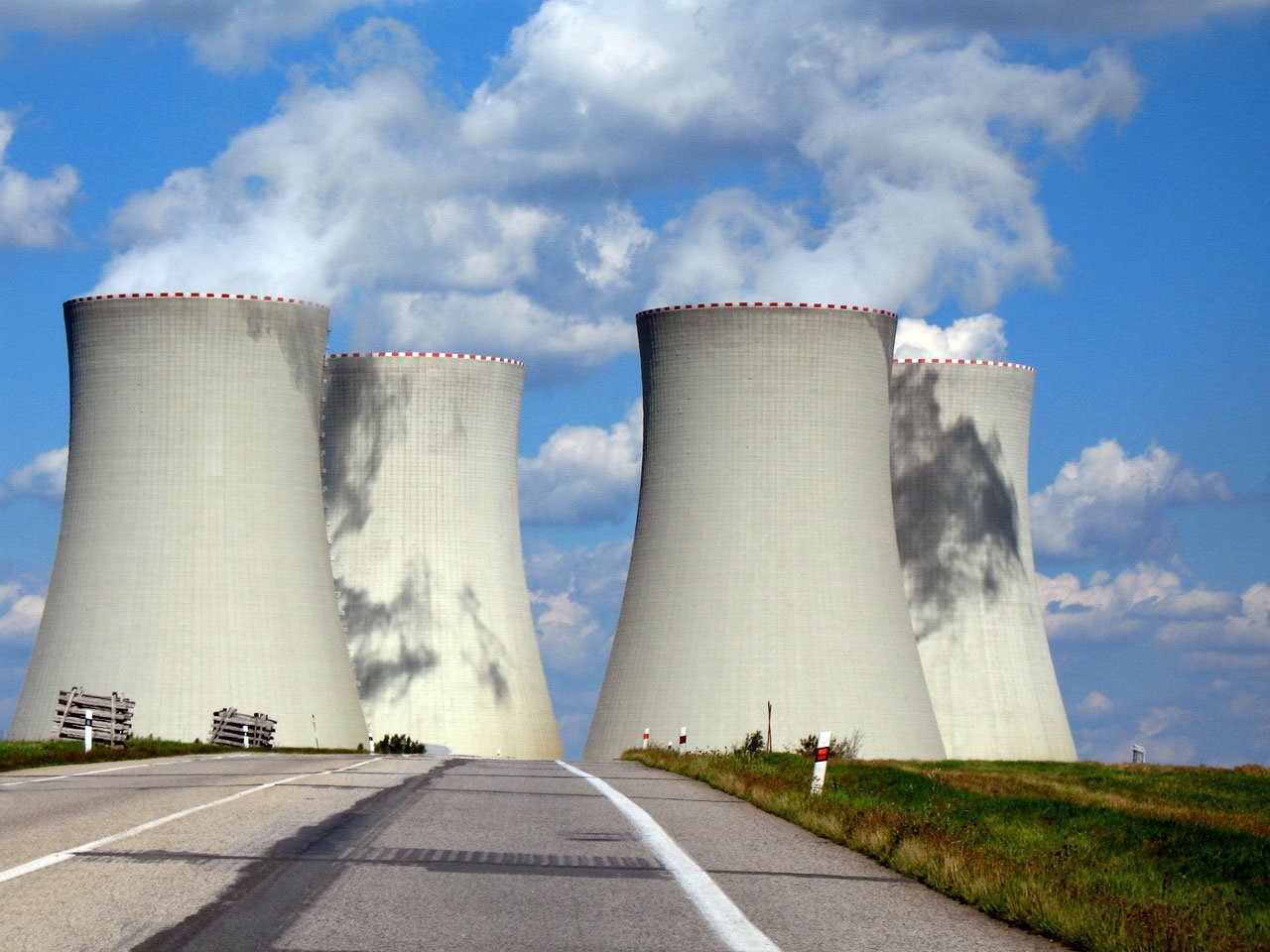By Frank Andorka, Senior Correspondent
It’s been an article of faith among President Donald Trump supporters that he was going to – come hell or high water – “save” the coal industry. As part of that plan, Secretary of Energy Rick Perry and his merry team have been working for months on a bailout plan that would use taxpayer money to support failing coal and nuclear plants.
The solar industry has been living with this sword of Damocles this entire time, just waiting for the inevitable announcement of a policy that seemed set in stone.
Well hold up – that stone may not quite be set yet, at least as far as Politico is concerned.
According to insiders that spoke to the online news outlet on the condition of anonymity, the plan has run into opposition within the White House itself, specifically with members of the National Security Council and National Economic Council.
Word is that President Trump hasn’t officially weighed in against the proposal, but that he’s willing to go along with his advisors who oppose the plan, at least for now (as Politico notes, President Trump has been known to change his mind and that it is possible the plan could come back as part of his re-election strategy in 2020).
In a “too bad, so sad” moment, Politico reports that “the stalemate is frustrating the politically active coal mining companies that backed Trump’s presidential campaign and lobbied heavily for an economic lifeline for their industry.” (By economic lifeline, they mean a taxpayer-funded bailout.)
But as has been noted elsewhere, coal has been focusing its energies on fighting the wrong alternative. Solar and wind were never the monsters that were eating coal’s lunch; that was the natural gas industry. And once you riled up the oil-and-gas industries against you, your bailout was all but finished.
One has to feel a little sorry for West Virginia Congressional members, who took Trump at his word that he would do everything he could to “save” the coal industry. Politico discusses some of the hurt feelings that are now percolating after this most recent decisions to shelve the plan (at least temporarily):
“I’m trying to find the darn plan because I understand it’s gone from the Department of Energy over to the White House, and I don’t know who in the White House would be sitting on it for whatever reason,” Sen. Joe Manchin (D-W.Va.) told reporters last week.
This story could change at a moment’s notice if Trump suddenly changes his mind or decides to break with his closest advisors. But for now, it seems like the plan to rescue uneconomical coal and nuke plants with a taxpayer funded bailout may not come to fruition.


